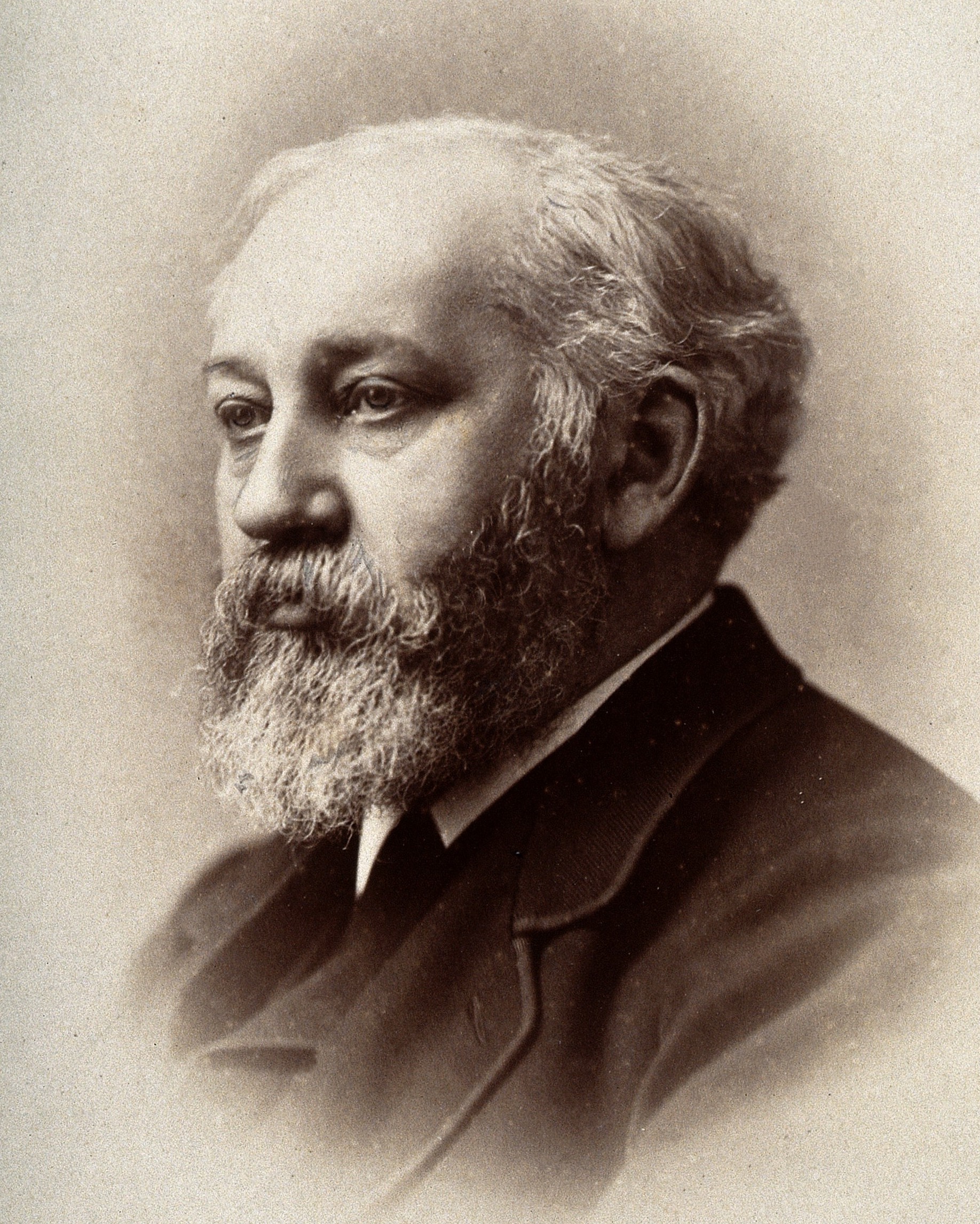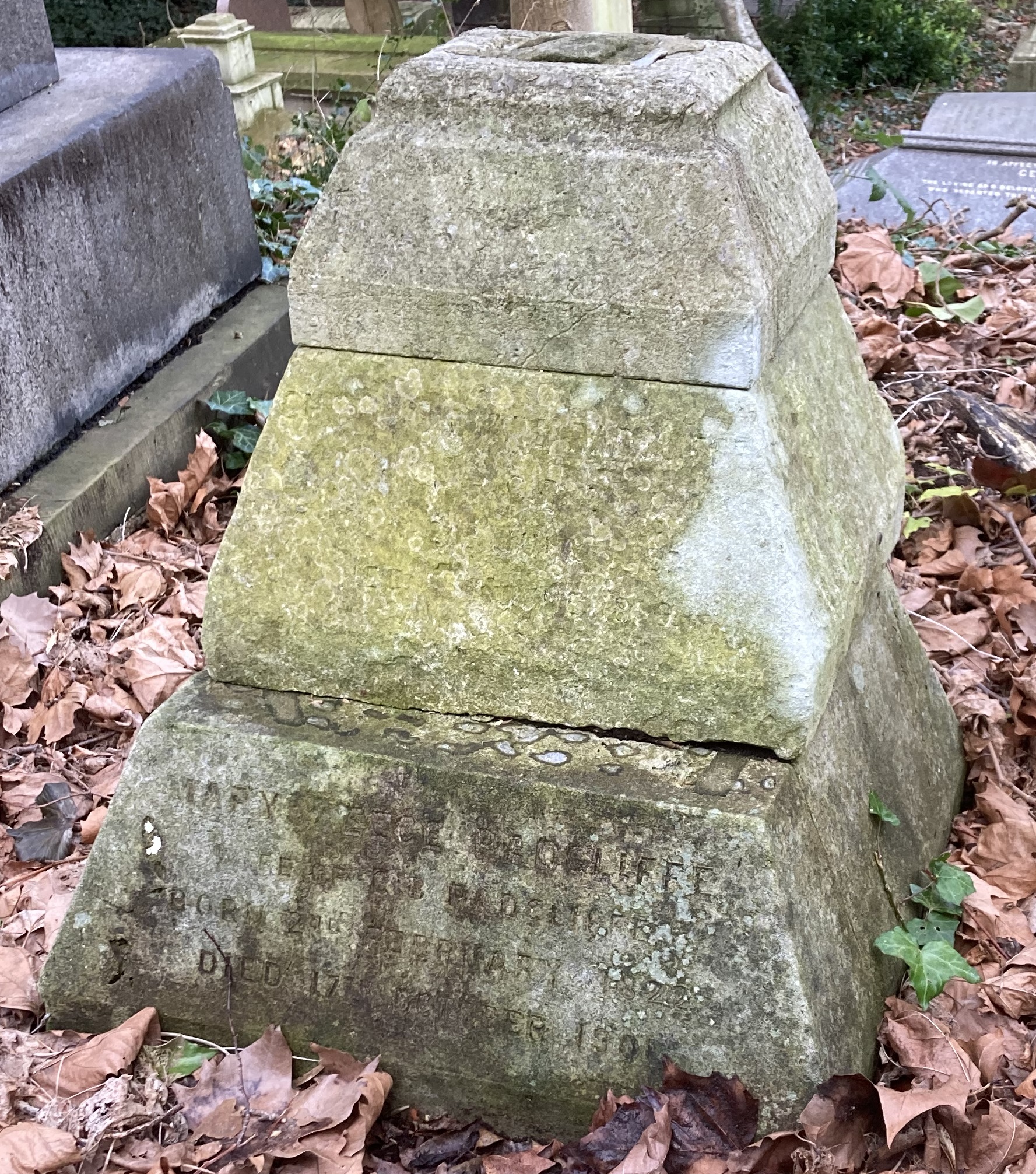John Netten Radcliffe on:
[Wikipedia]
[Google]
[Amazon]

 John Netten Radcliffe (20 April 1826 – 11 September 1884) was an English epidemiologist.
John Netten Radcliffe (20 April 1826 – 11 September 1884) was an English epidemiologist.

 John Netten Radcliffe (20 April 1826 – 11 September 1884) was an English epidemiologist.
John Netten Radcliffe (20 April 1826 – 11 September 1884) was an English epidemiologist.
Life
The son of Charles Radcliffe, and younger brother of Dr. Charles Bland Radcliffe, he was born inYorkshire
Yorkshire ( ; abbreviated Yorks), formally known as the County of York, is a historic county in northern England and by far the largest in the United Kingdom. Because of its large area in comparison with other English counties, functions have ...
and received his early medical training at the Leeds school of medicine
The School of Medicine is the medical school of the University of Leeds, in the city of Leeds, West Yorkshire, England. The School of Medicine was founded in 1831.
The School of Medicine now forms part of the University's Faculty of Medicine ...
. Shortly after obtaining his diploma he went to the Crimea
Crimea, crh, Къырым, Qırım, grc, Κιμμερία / Ταυρική, translit=Kimmería / Taurikḗ ( ) is a peninsula in Ukraine, on the northern coast of the Black Sea, that has been occupied by Russia since 2014. It has a p ...
as a surgeon attached to the headquarters of Omar Pasha
Omer Pasha, also known as Omer Pasha Latas ( tr, Ömer Lütfi Paşa, sr, Омер-паша Латас, Omer-paša Latas; 24 September 1806 – 18 April 1871) was an Ottoman field marshal and governor. Born in Austrian territory to Serbian Or ...
, and remained there till the close of the war. He received for his services the Order of the Medjidie
Order of the Medjidie ( ota, نشانِ مجیدی, August 29, 1852 – 1922) is a military and civilian order of the Ottoman Empire. The Order was instituted in 1851 by Sultan Abdulmejid I.
History
Instituted in 1851, the Order was awarded in f ...
as well as the Turkish and English medals, with a clasp for Sebastopol. On returning home he became medical superintendent of the Hospital for the Paralysed and Epileptic in Queen Square, London.
In 1865 Radcliffe was asked to prepare a report on the appearance of cholera abroad, and in 1866 he was engaged in investigating the outbreak in East London, which he traced to the infected supply of the East London Water Company. This report appeared as a blue-book in 1867, and gained Radcliffe a reputation. He was elected a member of the Epidemiological Society in 1850, was its honorary secretary 1862–1871, and president 1875–1877. In November 1869 he was appointed to the second of the two public health inspectorships then created by the privy council, and, on the formation of the local government board
The Local Government Board (LGB) was a British Government supervisory body overseeing local administration in England and Wales from 1871 to 1919.
The LGB was created by the Local Government Board Act 1871 (C. 70) and took over the public health a ...
in 1871, he was made assistant medical officer. In poor health, he resigned the post in 1883.
He died on 11 September 1884 and was buried on the western side of Highgate Cemetery
Highgate Cemetery is a place of burial in north London, England. There are approximately 170,000 people buried in around 53,000 graves across the West and East Cemeteries. Highgate Cemetery is notable both for some of the people buried there as ...
.
Works
Radcliffe, before his official appointment, wrote: * ''The Pestilence in England'', London, 1852. * ''Fiends, Ghosts, and Sprites'', London, 1854. * ''The Hygiene of the Turkish Army'', London, 1858; reprinted with additions from the ''Sanitary Review''. In his official capacity Radcliffe prepared reports dealing withepidemic
An epidemic (from Greek ἐπί ''epi'' "upon or above" and δῆμος ''demos'' "people") is the rapid spread of disease to a large number of patients among a given population within an area in a short period of time.
Epidemics of infectious d ...
s and quarantine
A quarantine is a restriction on the movement of people, animals and goods which is intended to prevent the spread of disease or pests. It is often used in connection to disease and illness, preventing the movement of those who may have been ...
. These included:
* ''On the Means for preventing Excrement Nuisances in Towns and Villages'', 1869 and 1873.
* ''On an Outbreak of Enteric Fever in Marylebone'', 1873.
* ''On the Diffusion of Cholera in Europe during the ten years 1865–74''.
* ''On the Progress of Levantine Plague, 1875–77''.
Notes
;Attribution {{DEFAULTSORT:Radcliffe, John Netten 1826 births 1884 deaths Burials at Highgate Cemetery British public health doctors British epidemiologists